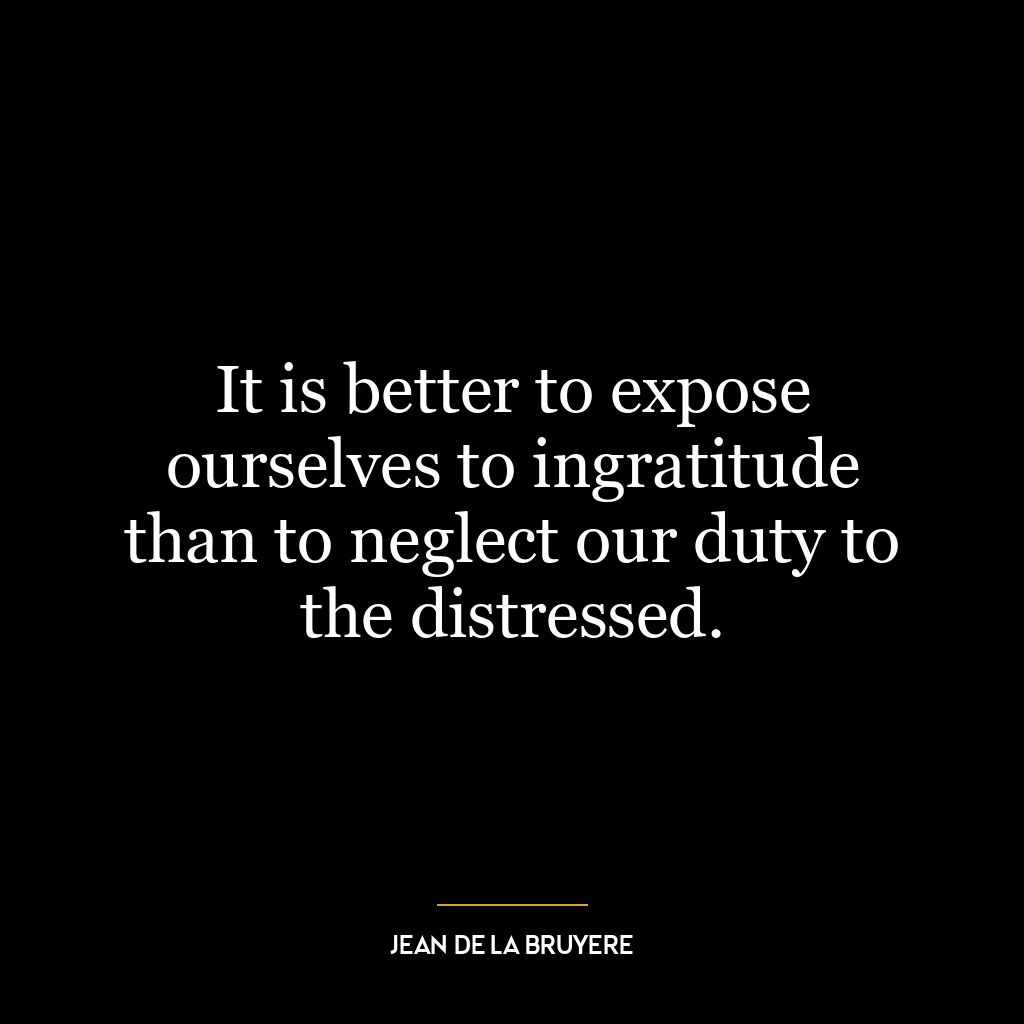This quote suggests that kindness is an inherent trait in all human beings, regardless of whether they consciously understand its nature or not. It implies that kindness is an intrinsic part of the human condition, something that is innate and not necessarily learned. The quote suggests that even if individuals are not aware of what kindness truly means, they are still capable of demonstrating it in their actions and attitudes because it is a fundamental aspect of their humanity.
The quote can be interpreted from various perspectives. From a sociological viewpoint, it might mean that kindness is a universal characteristic, transcending cultural, social, and individual differences. From a psychological perspective, it could imply that kindness is an instinctual behavior, a part of our survival mechanism that has been hardwired into us through evolution.
Applying this idea in today’s world, it suggests that everyone has the potential for kindness, no matter how they may seem on the surface. It encourages us to believe in the inherent goodness of people, even when it is not immediately apparent. This perspective can make us more understanding and accepting of others, fostering empathy and compassion in our interactions.
In terms of personal development, this quote could inspire us to tap into this inherent kindness within us. We can strive to be more consciously aware of our capacity for kindness, and make an effort to express it in our daily lives. It can also help us to be more forgiving of ourselves and others, knowing that everyone has the capacity for kindness, even if they sometimes fail to show it.
Moreover, if we believe in the inherent kindness within us, it can motivate us to continually seek it out and cultivate it, even when faced with adversity or negativity. It can serve as a reminder that our capacity for kindness is a strength, not a weakness, and that it is a fundamental part of who we are as human beings.








